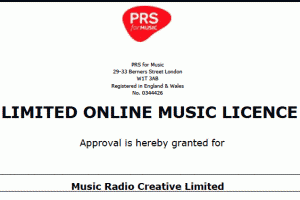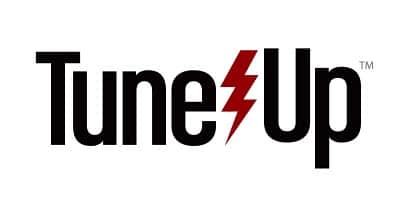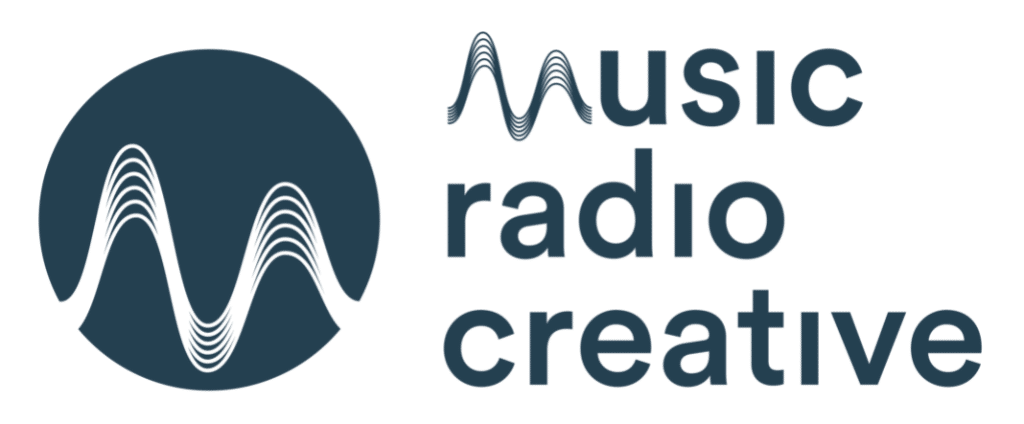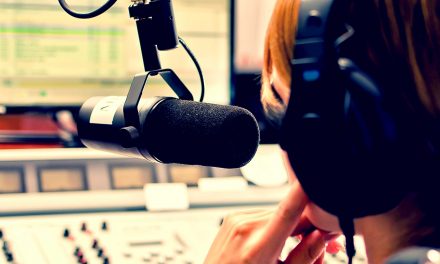What music licences do you need to get an internet radio station or podcast that plays mainstream music up and running? Follow my journey in this podcast and learn more about the planning stages of launching an online radio station — including real-world insights from my own setup experience.
I’m hoping to have my online radio station broadcasting by the end of the year, and over the past week, I’ve been diving into the correct licences required to play popular music legally on stream.
Feedback and Comments
Thank you to James Denmead, Rob Ellis, Ghost, Liam Sloan, Dave Thorpe, and Geoff Wilding for your comments on last week’s episode. I feature your views in this podcast episode and explore the broader topic of internet broadcasting and music licensing in more detail — it’s always great to hear how others are approaching this challenge.
Love Listening to Podcasts?
This was a birthday present I recently received, and for me, it’s been one of the best gifts ever! The Plantronics M50 has become my fifth limb. I love listening to podcasts and occasionally radio, and now I can do it wirelessly — this Bluetooth headset pairs seamlessly with my iPhone.
Bonus tip: if you use Siri, you can activate it directly through the headset for hands-free control. Whether you’re into podcasts, audiobooks, or music, it’s a perfect birthday or Christmas gift for any audio lover.
(Editor’s Note: While the Plantronics M50 was a top choice at the time, you might also consider updated models like the Plantronics Voyager series or other popular wireless earbuds with podcast-friendly features.)
UK Music Licensing Authorities
If you’re setting up an internet radio station in the UK, you’ll definitely need both a PRS and PPL licence to play music legally. These two organisations handle music royalties for different rights holders. Here’s a helpful explanation from the PPL website:
PPL collects royalties on behalf of performers and record companies, while PRS for Music collects royalties on behalf of songwriters, composers and publishers.
When a business plays recorded music in public, in most instances a licence from both organisations is legally required.
For other countries, check with your national licensing bodies — in the U.S., for example, this would include BMI, ASCAP, SESAC, and SoundExchange.
If you’re setting up an internet radio station in the UK, you’ll definitely need both a PRS and PPL licence to play commercial music legally. These two organisations handle music royalties for different rights holders…
💡 Alternative Option: Want to avoid the complexities and recurring costs of licensing mainstream music? You might consider using royalty-free music instead.
It’s a legal and flexible option for podcasters and radio hosts who want great-sounding music without the licensing red tape.
👉 Learn what royalty-free music really means and how it works
PRS License

It’s quite simple to apply for a Limited Online Music Licence (LOML) for your broadcast. Just head to the PRS website, find the appropriate licence, and once you click ‘buy now,’ you can enter your card details. Within minutes, you’ll receive an email with a PDF licence certificate allowing you to operate under PRS terms for online streaming.
This is typically the first step for hobbyist broadcasters or early-stage stations planning to stream music online legally in the UK.
PPL License
Unlike PRS, the PPL licensing process is a little more manual. You’ll need to complete an online form with details about your station and wait for a representative to assess your needs and assign the correct licence bracket.
In my case, I spoke to someone on the phone and was told I’d hear back within a few days. Once they determine the right bracket for your usage, you’ll receive paperwork to sign and return before your licence is confirmed and active.
⚠️ Tip: Always allow a few weeks for the licensing process, especially if you’re coordinating both PRS and PPL approvals simultaneously.
Building a Music Library
If you already own a personal music collection, you can begin by ripping your CDs or organizing your MP3 files into your broadcast software. Just make sure your mechanical copy licence covers digital duplication of tracks (check your local licensing body’s rules).
One major issue when importing music from CDs is retaining ID3 metadata — info like track title, artist, album, and artwork, which may be required when reporting to PRS/PPL.
Luckily, there’s an app for that.
I’ve used TuneUp on a chunk of my music library, and it’s been incredibly accurate. It works like a Shazam-style recognition tool that scans your MP3 files and auto-fills the necessary metadata, including missing or incorrect tags. That way, your tracks are fully labelled and ready for legal streaming.

Sourcing New Music: Amazon MP3
If you’re curating a specific music genre, the best place I’ve discovered for purchasing and downloading legal music is Amazon MP3. It’s user-friendly, offers reasonable prices, and lets you buy singles or entire albums.
Tracks come fully tagged and DRM-free, so you’re free to upload them to your broadcast software without limitations. This makes it an ideal platform for expanding your music library, especially if you want to build genre-specific playlists.
If you’re playing a specific style of music, Amazon MP3 is great for sourcing individual tracks or albums, but if you’re looking for pre-cleared music that won’t require additional licensing…
🎶 Check out the Royalty-Free Music Collection from Music Radio Creative.
These tracks are perfect for background music, talkover beds, jingles, and even playlist rotation — especially if you want high-quality production without navigating PRS/PPL.
Using royalty-free music doesn’t mean you have to compromise on quality. Many of these tracks are produced by seasoned composers and sound just as professional as chart-topping songs — with the benefit of a simple, one-time license.
Bulk Podcast Promotion
A big shoutout to Dave Jackson from the School of Podcasting for mentioning my “bulk podcast promotion” (his term!) from episode 14 of the Music Radio Creative Podcast.
If you’re thinking of starting your own podcast, Dave’s site is packed with up-to-date resources, tutorials, and advice for new and veteran podcasters alike.
Music Licensing Process
If you’ve launched your own internet radio station and gone through the music licensing process — no matter where you’re located — I’d love to hear from you. Please leave a comment and share your story. Any tips, lessons, or regional advice could help others navigate this complex but essential part of internet broadcasting.
Coming up in Future Episodes
- Using SEO (search engine optimization) to choose music for your radio station.
- How to measure listener statistics and other interesting online radio analytics tools.
- Getting a logo designed for your internet radio station.
If you provide one of the 3 services listed above contact me and I would be happy to consider featuring you on a future episode of the Music Radio Creative podcast.




